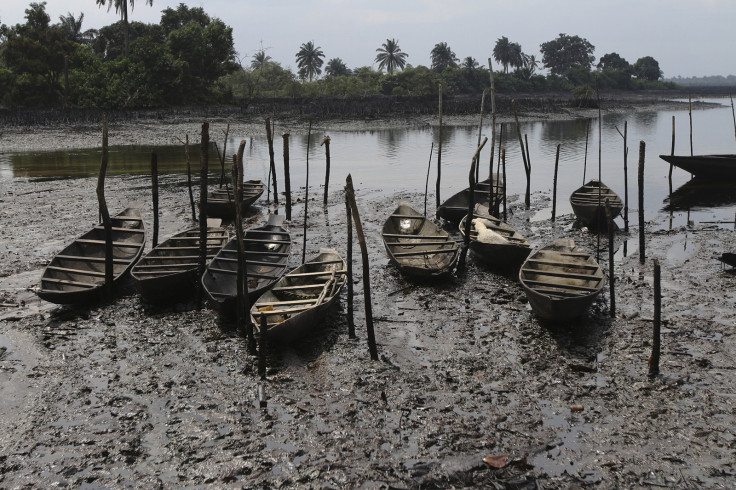Nigeria: Shell Ignored Internal Concerns over Trans-Niger Pipeline Which Resulted in Two Oil Spills

Shell ignored internal advice to replace the outdated trans-Niger pipeline which eventually ruptured and caused two damaging oil spills over 35 sq miles (90 sq km), according to court documents obtained by Amnesty International.
The pipeline was 30 years old and staff at the oil major's Niger Delta operation had already advised that it needed to be replaced because of the risk it posed to the surrounding communities.
In a 2002 internal project report, it was suggested that the company "initiate an immediate replacement" for the faulty pipeline.
Another report, a year earlier, spoke of a number of leaks that were already occurring from the pipeline and the "major risk and hazards" that it presented.
The report said: "A series of spills have occurred in recent times due, in most cases, to sabotage and in some cases to technical failure of pipelines resulting in major losses, environmental pollution and serious damage to the company's image.
"A [technical] study ... indicates that the remaining life of most of the SPDC oil trunklines is more or less non-existent or short, while some sections contain major risk and hazards."
In another warning of the risks that the pipeline posed, Basil Omiyi, managing director of Shell's Nigerian SPDC (Shell Petroleum Development Company of Nigeria) operation, sent a letter to the governor of Rivers State detailing the risk of the pipeline rupturing.
"There is a risk and likelihood of rupture on this pipeline at any time, which if it happens, could have serious consequences for the safety of life, the environment and the nation's economy," he wrote.
The pipeline burst twice in November 2008, spilling thousands of barrels of oil on a large expanse of mangroves and ruining the livelihoods of almost 15,000 villagers near Bodo in Ogoniland in Rivers State.
The company claimed that only 4,000 barrels of oil were spilt but an independent assessment by Accufacts Inc said that the spill was more than 100,000 barrels.
Volume of oil released "exceeded estimates"
The company has now admitted that "the total volume of oil released... exceeded the contemporaneous estimates."
The company said that it had been difficult to assess the pipeline and the surrounding area because of the threat of violence to its operation.
"SPDC ceased operations in Ogoniland in 1993 following a rise in violence, threats to staff and attacks on facilities. Levels of violence and criminality have remained high over the following 21 years, constraining SPDC's ability to access the area," the company told the BBC.
"The condition of the pipeline is regularly assessed," it said. "Also, SPDC has always made use of the opportunity presented during sabotage [and] crude theft point leak repairs to carry out on-the-spot coating and internal checks to confirm the integrity of the pipeline and coating."
Human rights organisation Amnesty International condemned the company's conduct in relation to the oil spills and its management of the pipeline.
"Amnesty International firmly believes Shell knew the Bodo data were wrong. If it did not it was scandalously negligent – we repeatedly gave them evidence showing they had dramatically underestimated the spills," said Audrey Gaughran, the group's director for global issues, said.
"Shell has refused to engage with us and only now that they find themselves in a UK court have they been forced to come clean. These spill investigation reports have cheated whole communities out of proper compensation."
The SPDC said that Shell was to compensate the community affected by the oil spills.
"We want to compensate fairly and quickly those who have been genuinely affected and to clean up all areas where oil has been spilled from our facilities," a SPDC spokesman said.
© Copyright IBTimes 2024. All rights reserved.























